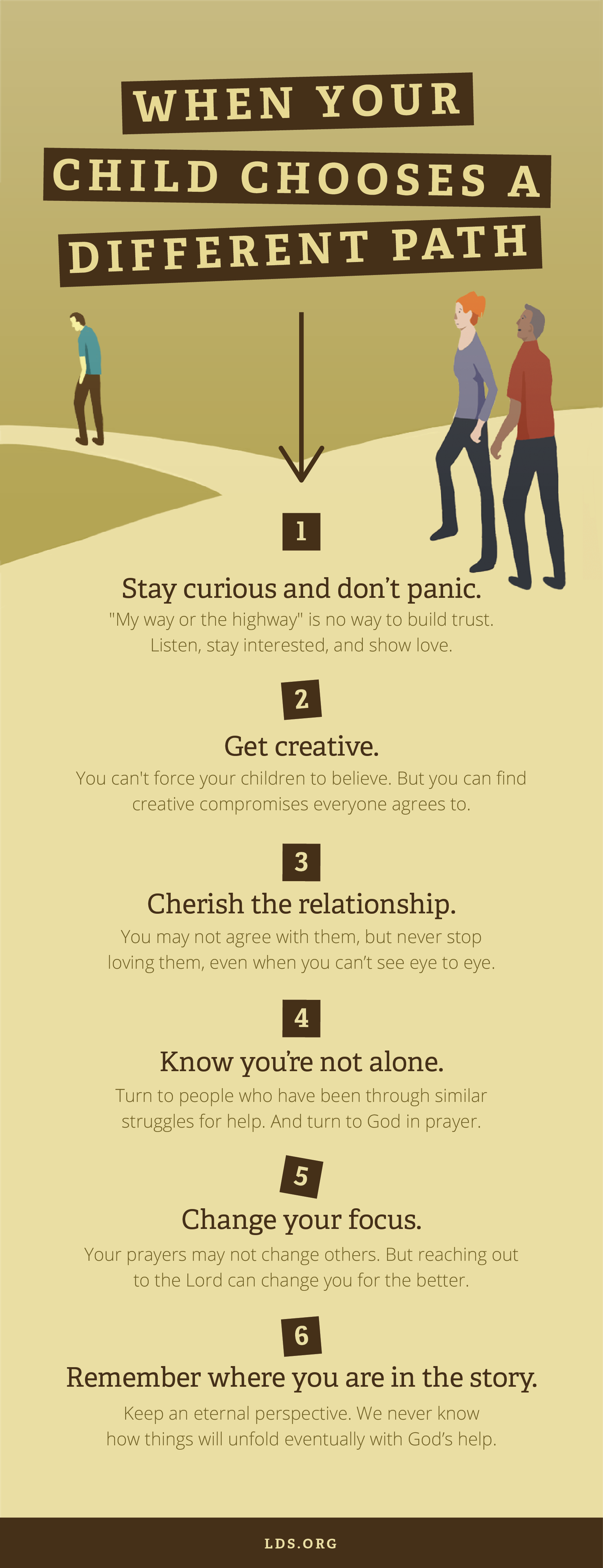The guilt we pass on to our children comes, in turn, from the sense of guilt we learned from children, we let it evolve into our adult life without conscience, until we pass it on to our children, creating a cycle that is difficult to understand. Control.
The feeling of guilt that causes us suffering and does not lead us to any solution is built, in the vast majority of cases, through the education we receive, through a set of rules that have been taught to us and to which we adhere rigidly and, in any case. circumstances, of it.
- What does guilt really represent in our lives?Since childhood.
- We have formed a moral code that is built through the reactions of others to our actions.
- Guilt serves as a sign that tells us when we exceed the limits of established standards.
Guilt, in principle, is therefore responsible for ensuring that we conform to the standards we have learned and acquired throughout our lives, consciously or not.
Our internal judgment is responsible for warning us and, depending on your rigidity, the feeling of guilt will indicate a problem. It will increase our guilt, but if we become flexible, it will help us make the necessary corrections.
As parents, we blame our children without realizing it, feeding a strict inner judge who will torment them as adults, that feeling of guilt is conveyed through phrases such as:
They are phrases that say what they should do at all times, regardless of the circumstances, personal characteristics and motivation of our children, and we also implicitly convey to them that if they do not fulfill these mandates, they will do things inappropriately and they should feel bad about it.
This is the message that reaches our sons and daughters when they are in full development, learning through observation and love.
The normal rigids acquired over time become obsolete, do not adapt to the experiences and experiences that we go through The inner judge of guilt is constantly advanced, to make us feel bad about what we could have done and not done, or what we should have done. Do.
Educating in responsibility means that we are aware that there is nothing like something going wrong or that there are consequences for every act for which we are responsible, making us realize our own experience, our impulses, our emotions and feelings.
By taking charge of our actions, our inner judge acquires flexibility, thus adapting to our needs, allowing us to experiment to observe and know the consequences, without necessarily feeling guilty when we do not meet the expectations of others.
“In life there are no prices or punishments, but consequences. -Robert Green Ingersoll-
Being careful not to blame our children takes a lot of effort, because we unconsciously learn to do it, because that’s how we learned, so before we learn not to blame our children, we must stop feeling guilty.
As adults, we are responsible for changing that state in which we are alienated by feelings of guilt. We continue to act like the children we went to, seeking affection and affection through our actions.
We have to assume that we are no longer children and that love, affection and love do not depend on expectations but on opening ourselves honestly to the experiences that arise as a result of the decisions we make. every moment, being responsible for the consequences.
This means acting with responsibility and not guilt. All this implies the freedom to decide, not the requirement and the obligation.
The mind, by itself, must intelligently free itself from the desire for reward that generates fear and conformity. If we treat our children as personal property, if we use them to continue our little ego and achieve our ambitions, then we will build an environment. , a social structure in which there can be no love, but only the search for selfish comforts. . ?-Krishnamurti-

